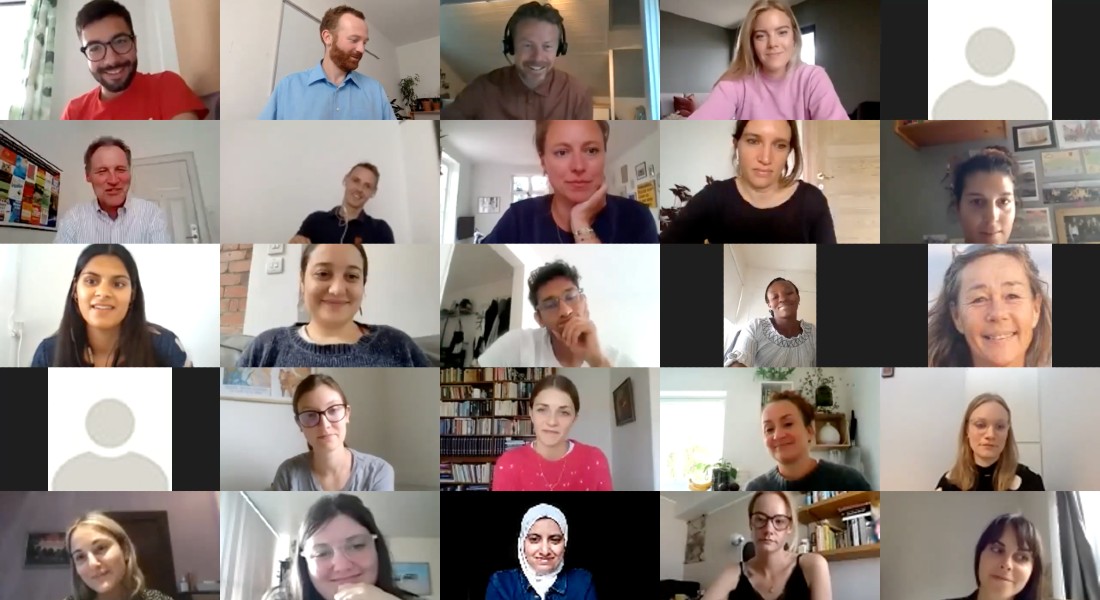See the winning solutions of the Global Health Case Challenge 2021
University of Copenhagen held its seventh international Global Health Case Challenge 10-13 August 2021 where seven teams competed to come up with the best solution to a challenge provided by Laerdal Global Health about how to improve care at birth in the wake of COVID-19 in low and middle income settings. See the winning solutions below.

30 students participated in the University of Copenhagen’s new summer course and all worked hard during the four case work days 10-13 August. Prior to the case work they had completed an online module on innovation in global health, giving them tools and methods on how to work in teams, on how to innovate, how to pitch and present their solutions persuasively and how to reflect on stakeholders, the context, and their own role as global health innovators.
See and read about the video lectures from the online module here.
This year’s case question was:
Inspired by lessons learned during the ongoing COVID-19 pandemic, propose an intervention within urban, overburdened, congested and low-resource maternity units aimed at improving care during childbirth to prevent maternal and perinatal death and disability.
The jury consisted of Tor Inge Garvik (Product Development Manager, Laerdal Global Health), Nanna Maaløe (Medical Doctor, Postdoc, Global Health Section, University of Copenhagen), Vittoria Casanova (Investment Manager, The Index Project) and Felister Bwana (Midwife, UNFPA Country Office, Tanzania).
First place: A systems approach to reducing the caesarean section rate in urban Egypt
Team 7 were the lucky winners with their solution to reduce caesarean section rates in urban Egypt:
Second place: Hearts of memory
Team 3 got the second place with their solution on how doctors or midwives can improve their competencies and skills to discuss a stillbirth with the mother:
Third place: C-support
Team 5 got the third place with their solution for a pilot project to collect data relevant to the improvement of quality of maternal care in maternity wards in low-resource settings in Kampala, Uganda.
